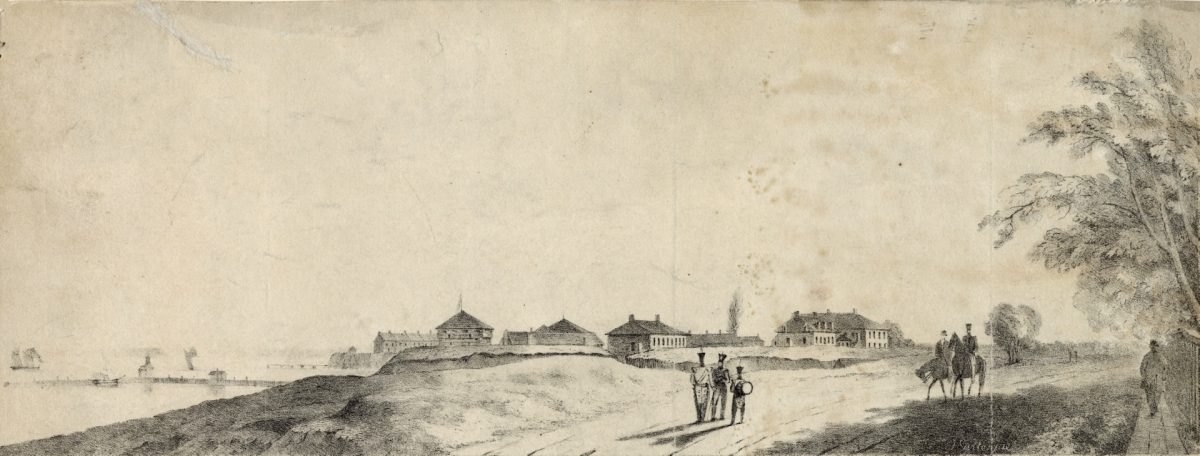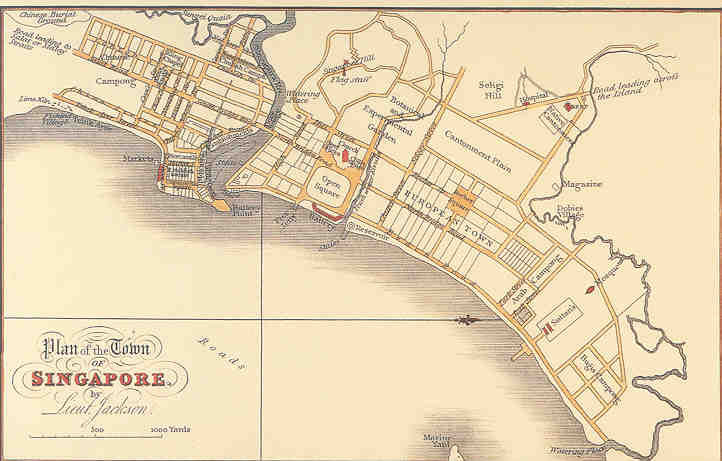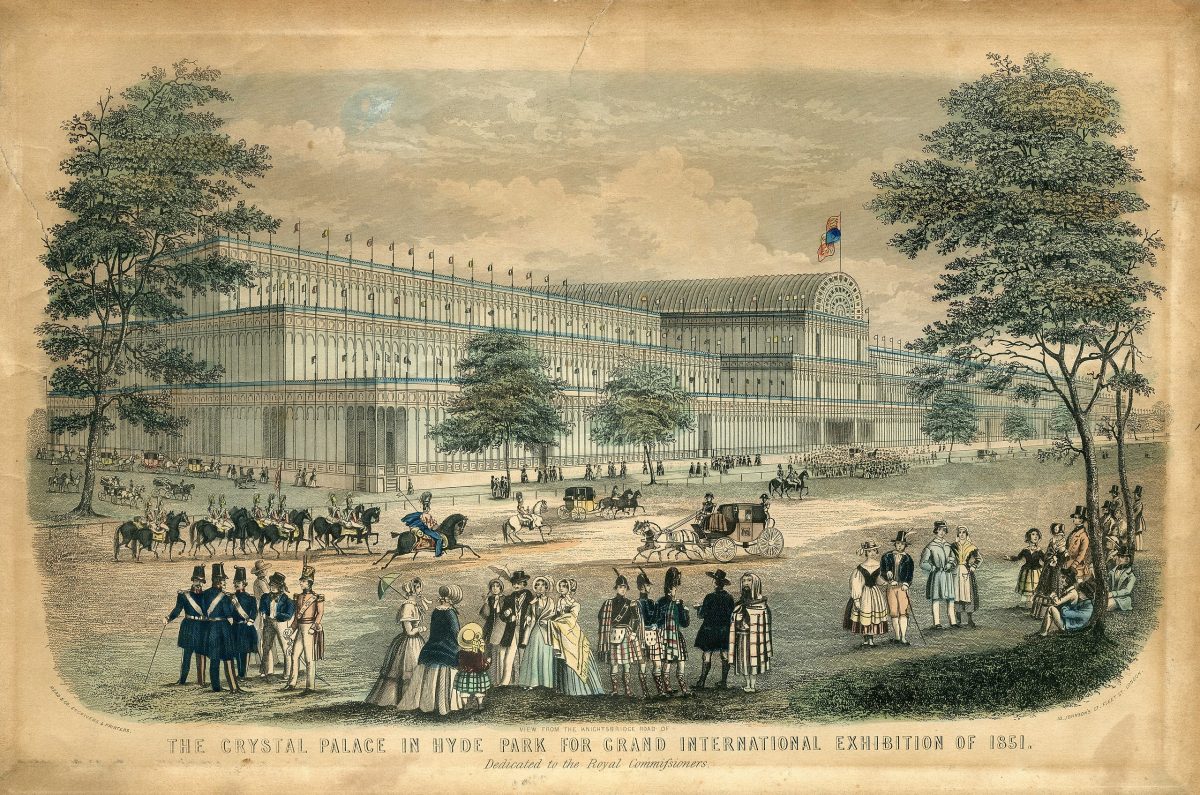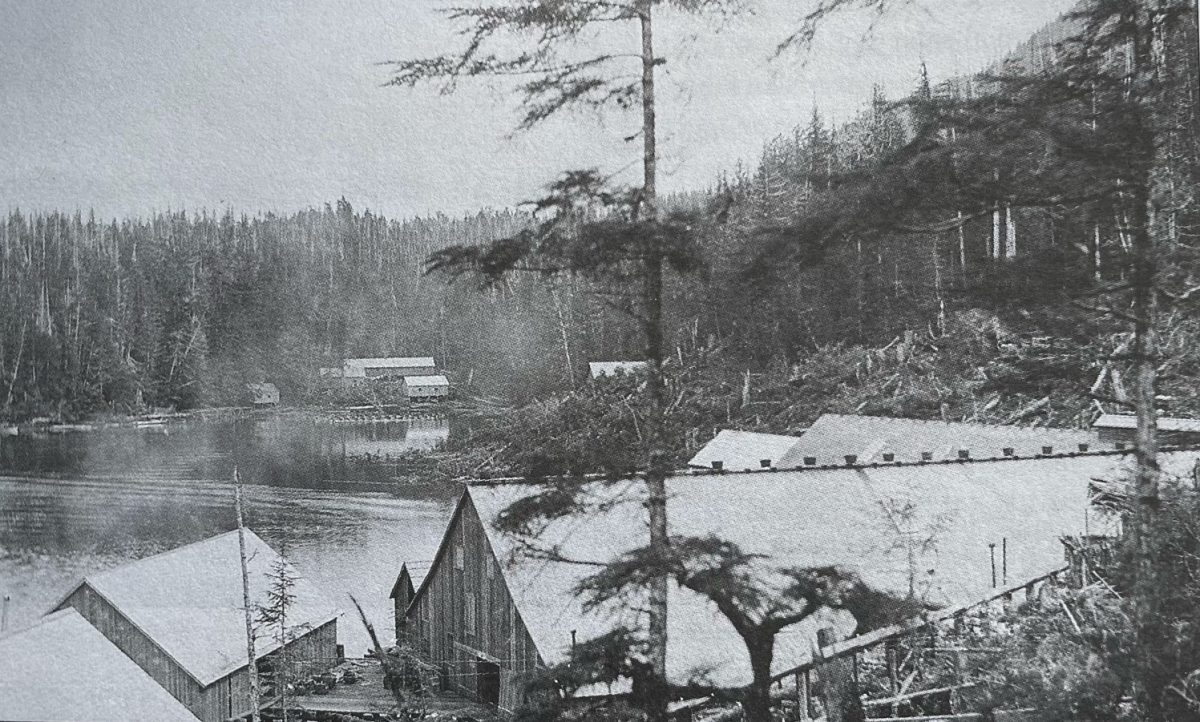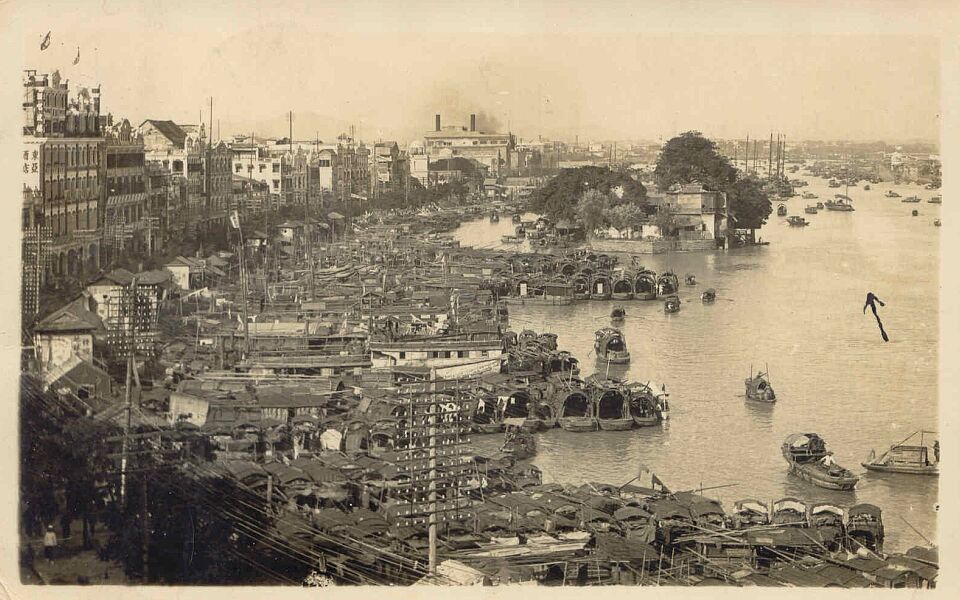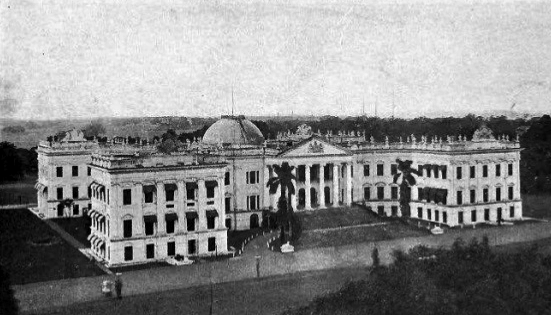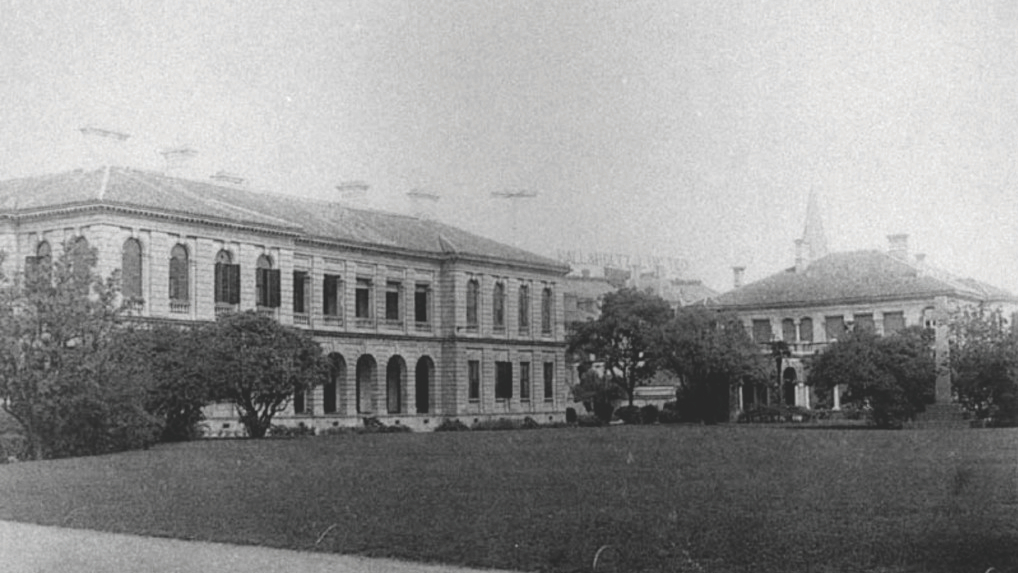Fort York was built in 1793 along the shore of Lake Ontario and exemplifies British military architecture.[1] The strategic location of the fort protected settler colonialism within the nearby Town of York, now known as Toronto. The architecture and history of Fort York reinforced British colonialism and empire in the early 1800s by providing military defence. While the military […]
